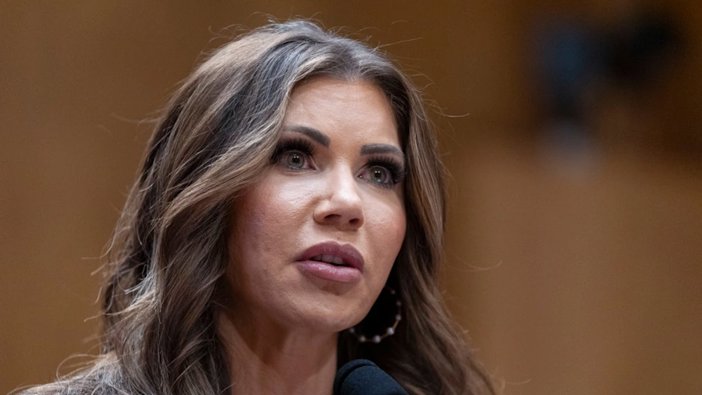
Greene Targets Youth Gender Transitions
Rep. Marjorie Taylor Greene introduced a bill seeking fines and prison time for those who perform gender transition procedures on minors.
Republican Lawmakers Push Legal Penalties for Youth Gender Procedures
Rep. Marjorie Taylor Greene has introduced the Protect Children’s Innocence Act of 2025, a bill that would criminalize medical procedures related to gender transition in minors. The proposed legislation, backed by dozens of House Republicans, seeks to impose severe penalties on individuals involved in what Greene terms “barbaric procedures.”
“Left-wing activists and medical institutions are targeting America’s children with dangerous drugs, disfiguring surgeries, and permanent sterilization,” Greene stated in a press release. “My bill stops the mutilation of kids and holds those responsible accountable.”
The bill specifically targets practices such as chemical castration, defined as the administration of puberty blockers and high-dose testosterone or estrogen, as well as any “genital or bodily mutilation” performed on minors. Offenses linked to interstate or foreign commerce, or those occurring within U.S. jurisdictions and territories, would fall under the proposed law’s reach.
If enacted, the legislation would allow violators to face a fine, up to 10 years in prison, or both. A narrow exception exists for procedures deemed necessary for a minor’s physical health—but not for mental health conditions, explicitly excluding gender dysphoria from qualifying as a valid justification.
Upcoming Committee Review and Broader Political Context
The bill is scheduled for markup by the House Judiciary Committee on Tuesday. Greene’s office noted that dozens of Republican representatives have signed on as cosponsors, signaling significant party backing for the measure as it advances through the legislative process.
In January, President Donald Trump issued an executive order establishing that the U.S. government would not “fund, sponsor, promote, assist, or support” gender transition procedures for minors. The order directed agencies to rigorously enforce existing laws that prohibit or restrict such actions and described them as “destructive and life-altering.”
Greene’s proposed legislation echoes the administration’s stance, aiming to solidify restrictions through statutory law. It adds to a growing movement among conservative lawmakers to regulate or ban gender-affirming care for minors, which supporters argue is necessary for child protection, while critics view such proposals as discriminatory and harmful.
As the bill moves forward, it is likely to spark renewed national debate over the rights of transgender youth, the role of medical professionals, and the limits of government intervention in personal health decisions. Judicial challenges are expected if the measure becomes law, particularly regarding its alignment with constitutional protections and existing federal statutes.
The outcome of the House Judiciary Committee’s review will serve as a key indicator of the proposal’s legislative viability. Meanwhile, both advocates and opponents are preparing for intensified political and legal battles in the months ahead.






